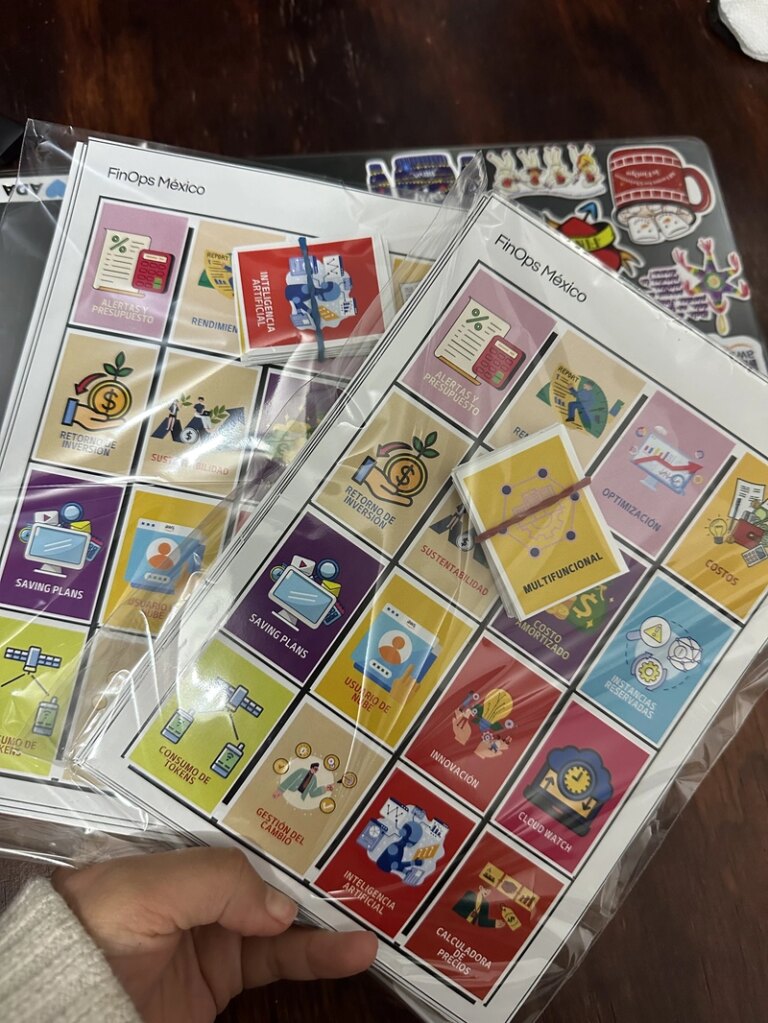Will AI Replace RPA? The Real Limits of Automation
Lately, there’s a growing debate over whether AI will completely replace Robotic Process Automation (RPA). Some predict RPA’s imminent demise. But is this prediction realistic?
Here’s how we see it at Maybe:
1. Two Types of Automation: RPA vs Agent
Automation today comes in two main flavors:
- Traditional RPA: Handles programmable, repetitive tasks. It’s predictable, stable, and efficiency-focused, like a factory assembly line.
- AI Agent: Manages vague but describable goals. It’s flexible and adaptive—more like a personal assistant.
In short, RPA optimizes known tasks, while Agents handle unknown situations.
2. Cost is Crucial
Technical feasibility shouldn’t overshadow cost:
- RPA has a high initial setup cost but minimal ongoing expenses. After the upfront investment, it runs nearly for free.
- Agents, however, require continuous interaction with Large Language Models (LLMs), incurring costs with every task.
For repetitive, high-volume tasks like invoice processing, using Agents might be more expensive than human labor.
Yet, the value generated is different:
- RPA saves “hands”: reducing manual labor.
- Agents save “brains”: reducing cognitive labor like analysts or entry-level knowledge workers.
3. Use Case Matters
AI isn’t ideal for all sectors, especially high-risk, compliance-heavy industries like finance, healthcare, or manufacturing. Here, RPA is preferred because it provides:
- Extreme accuracy
- Complete audit trails
- Clearly defined accountability
AI can complement these processes but can’t yet replace RPA in critical workflows.
4. Real-World Complexity Calls for Hybrid Approaches
Most real-world workflows combine standardized tasks and personalized decision-making. Customer support is mostly routine, yet occasionally requires nuanced judgment.
That’s why hybrid AI+RPA models are increasingly popular. But they introduce their own complexities:
- How to decide when a task goes to RPA or an Agent?
- How to assign accountability when things go wrong?
Making these distinctions itself requires intelligence.
5. Automation Reflects Organizational Structure
Your automation choice mirrors your organizational culture:
- Hierarchical organizations prefer RPA for its predictability, transparency, and clear accountability.
- Flat, innovative organizations favor Agents for their flexibility and adaptability.
Choosing your automation solution is ultimately a cultural decision.
6. Layered Automation Based on Task Certainty
Instead of debating technical superiority, a practical solution is layering automation based on task certainty:
- Execution layer (High certainty): RPA (data entry, standard approvals)
- Judgment layer (Moderate certainty): Rules with limited AI (anomaly detection, categorization)
- Exploration layer (Low certainty): Agents (market research, creative tasks)
Tasks with more certainty lean toward RPA, while tasks requiring flexibility lean toward Agents.
7. Future: Cooperation, Not Replacement
AI won’t eliminate RPA; it’ll reshape and enhance our automation strategies.
This might lead to a new role: the Automation Architect, responsible for:
- Determining task certainty and nature
- Matching tasks with the most suitable automation
- Balancing stability and adaptability
Final Thoughts
For decades, businesses reduced uncertainty through standardized processes. But today, external conditions change rapidly. Too much predictability has become a risk.
Future competitiveness won’t hinge solely on using automation. It’ll rely on intelligently drawing the line between standardization and intelligent adaptation.
RPA and AI Agents aren’t mutually exclusive; their future is one of coexistence and synergy.
About Maybe
Maybe is an AI-powered platform that lets you turn any problem into a personalized AI assistant, without the need for any coding or workflow configuration. Create intelligent helpers in minutes through simple conversation. If you can describe your problem, you can build your solution.
Website: https://maybe.ai/
X: https://x.com/hey_maybe_ai



